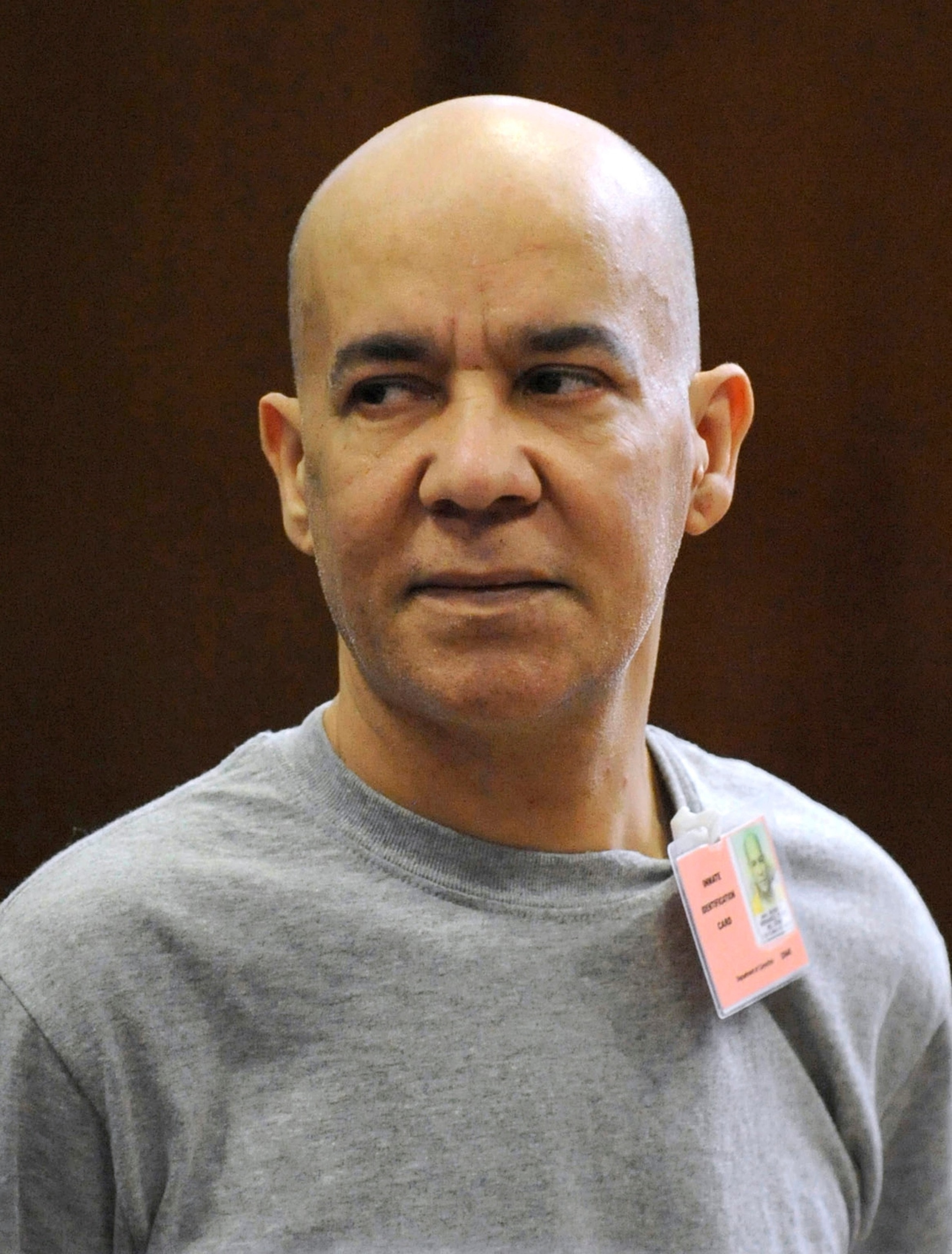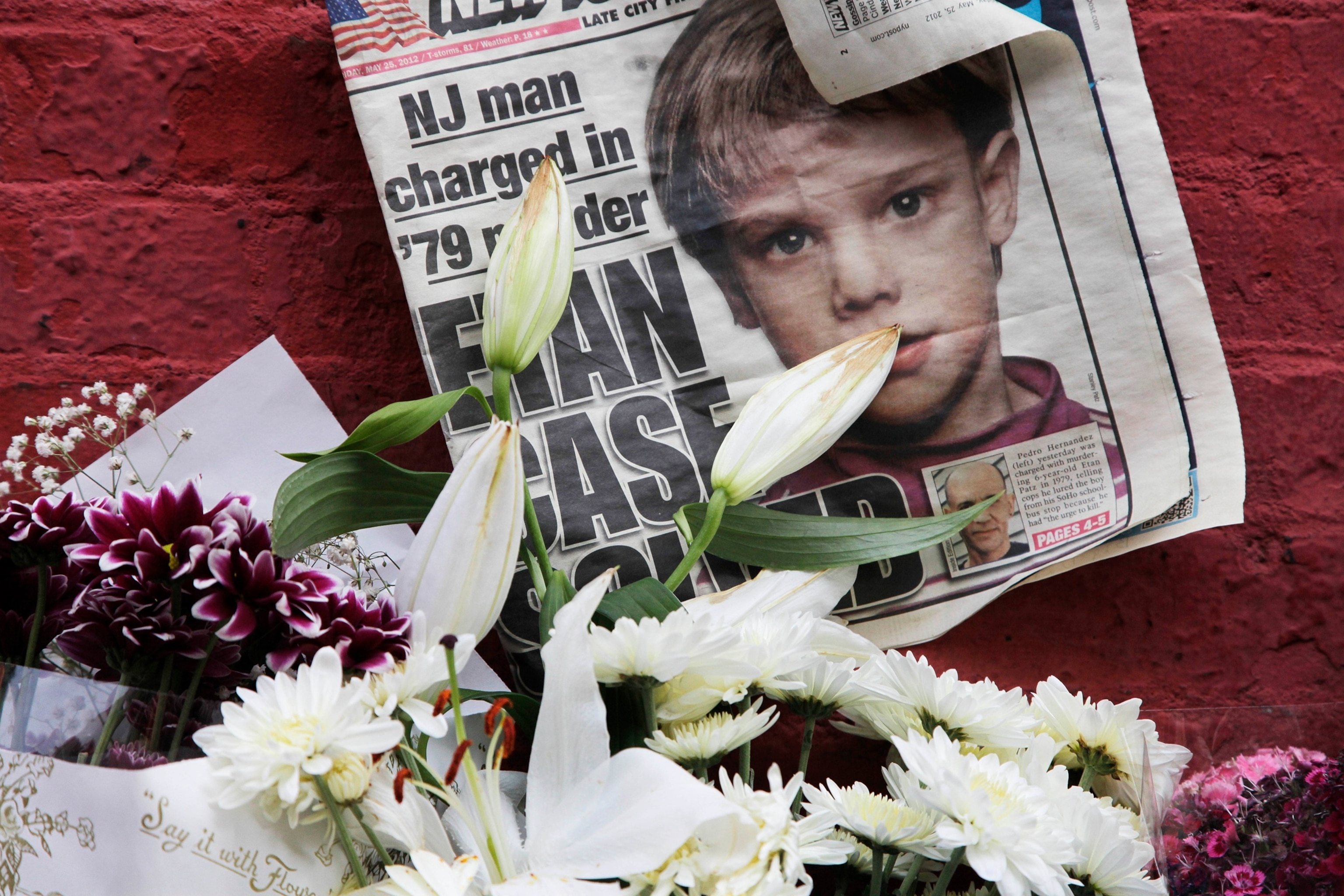

A new trial over the man convicted of murdering Etan Patz is uncertain despite a court order.
A federal appeals court said Pedro Hernandez should be retried or released because of an error by the trial judge.

The Manhattan district attorney's office is asking the U.S. Supreme Court to intervene.
In the meantime, prosecutors asked a federal judge on Tuesday to give them 90 days to decide whether they would put Hernandez on trial again.
Defense attorneys said prosecutors should only have 30 days. The judge said she would decide how much time is warranted in the next few days.
Patz went missing while walking to school in SoHo in 1979. He became the first missing child whose face appeared on a milk carton and changed the way the country responds to missing children cases.

Hernandez, 64, is currently in state prison serving a 25-year-to-life sentence after he was convicted in 2017 of kidnapping and murdering Patz.
Because of the lack of physical evidence, the trial -- Hernandez's second, after the first jury hung -- hinged entirely on Hernandez's purported confessions to luring little Etan into a basement.
Hernandez, who has a documented history of mental illnesses and a low IQ, initially confessed after seven hours of questioning by three police officers. Immediately after Hernandez confessed, the police administered Miranda warnings, began a video recording, and had Hernandez repeat his confession on tape. He did so again, several hours later, to an assistant district attorney.
When deliberating, the jury sent the judge three different notes about Hernandez's confessions. One of them asked the judge to explain whether, if the jury found that Hernandez's confession before he was read his rights "was not voluntary," it "must disregard" the later confessions. They responded, without further explanation, that "the answer is no."
The federal appeals court concluded "the state trial court's instruction was clearly wrong" and "that the error was manifestly prejudicial." The court said Hernandez must be released or retried within a reasonable amount of time.
